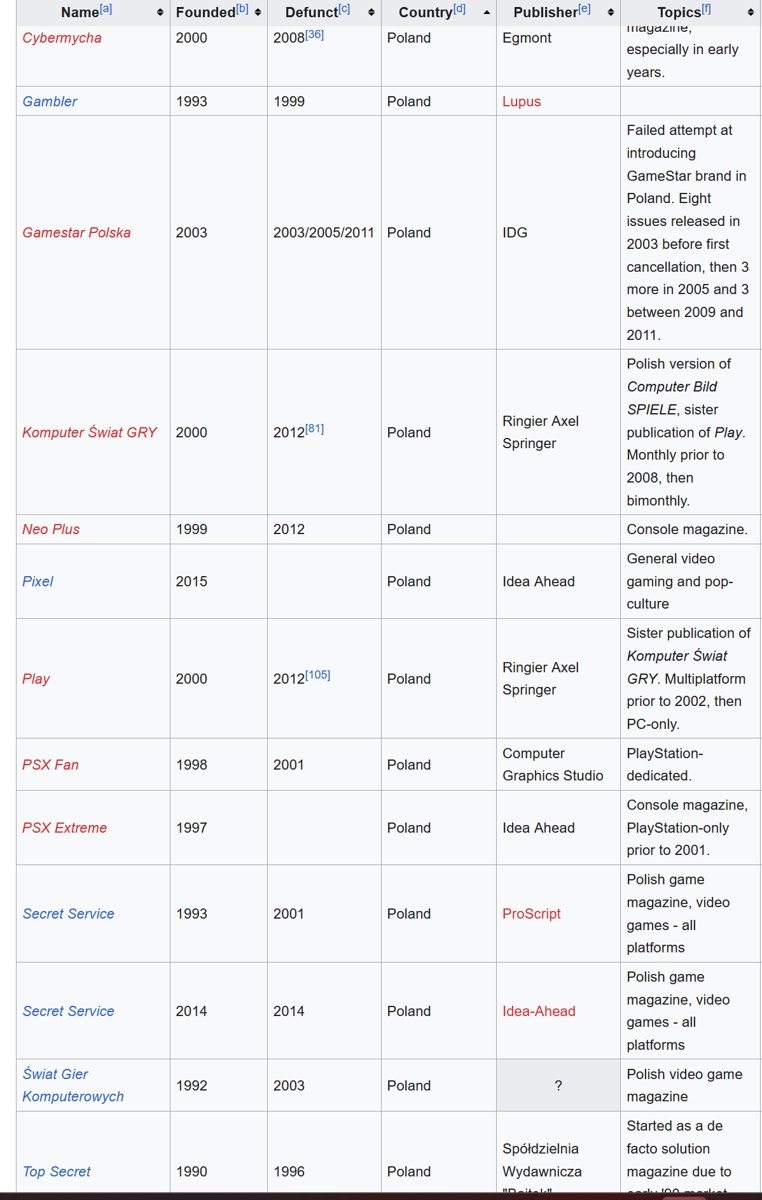I can't help but laugh at this. I am a business professor and teach seminars every year on managing conflict-of-interest (defined simply as "when one's primary interest in a professional judgment is compromised by a secondary interest.") One of the main points of my seminar is that "One of the biggest managerial challenges of conflict-of-interest is addressing the appearance or perception of a conflict-of-interest." Another main point is "It is unrealistic to completely remove conflict-of-interest, but a great deal of negativity can be reduced by being proactive in disclosing a conflict-of-interest."
From what I see here, Ubisoft and the journalists reporting on this missed the mark completely. How do you not consider "how will people perceive journalists/influencers getting a free trip to Disney Land to preview a game?" Then, even worse, how does Ubisoft not say in advance "We are holding a preview event for Outlaws in Disney Land and paying the expenses of attendees.", and how can any journalist/influencer not say in advance "Here is my preview of the game. Full disclosure, I played it at an invitation-only Ubisoft event at Disney Land for the four-hour preview."
This is the fascinating thing about conflict-of-interest. While there are formal laws against this in many financial, medical and government contracting situations, situations like this show how conflict-of-interest is an ethical challenge. If people perceive that a professional's primary interest in publishing a preview has been compromised by a compelling secondary influence (the simple fact that the professional received an all-expenses-paid trip to Disney Land), then people do not trust the professional. The effect of this is magnified in situations in which the conflict-of-interest is not disclosed.
So, no laws were violated here (I'm not a lawyer, so please free free to correct me on this), but Ubisoft and the journalists/influencers who went on the trip and said nothing about it when publishing their previews have just set themselves up for ridicule.
And, just so you understand that I am not standing on the proverbial soapbox and moralizing about this, I regularly get offers from textbook companies to "review" a chapter in their latest textbook in return for a free trip and/or honorarium (sometimes as much as $500). I have to turn these down because there is no way I could assign an expensive textbook to my students and then say to them "By the way, the textbook company pays me to review this and flies me to Chicago for a weekend conference at the Ritz-Carlton." Or, if I took this offer on the low and never said anything to my students, you know this would get back to them one way or the other.
So class, always remember that the mere appearance of a conflict-of-interest (when one's primary interest in a professional judgment is compromised by a second interest) is a concern, and that being proactive in disclosing this situation goes a long way in trying to mitigate a conflict-of-interest.











